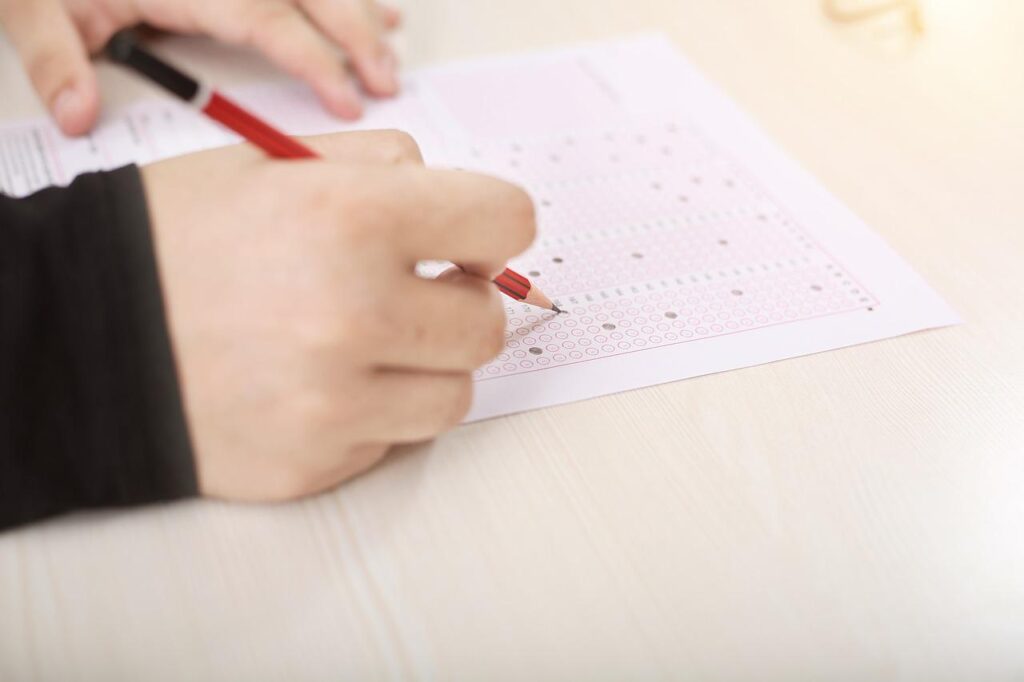 The International Competitions and Assessments for Schools (ICAS) is an online competition program for students in the primary and secondary sections. The test aims to track students’ progress in different subject areas yearly.
The International Competitions and Assessments for Schools (ICAS) is an online competition program for students in the primary and secondary sections. The test aims to track students’ progress in different subject areas yearly.
Suppose you want your child to perform well in this assessment program. In that case, various platforms in Australia allow individuals to practise for the ICAS exam for free and in a personalised way. Each family can subscribe as per their individual needs.
The ICAS tests are curated by professionals and are designed for the age group of 3-7. There are about 30+ tests for each level and more than 5000 questions.
Tips to Prepare for the Exams
The ICAS is a competitive exam designed to test the students to their limits. The exam is rank-based, and the child must prepare accordingly to stand out in the competition. The child must present top skills in logical reasoning and advanced problem-solving techniques. Here are some considerations to prepare your child better.
Look at the Answers First
Experts suggest that looking at the answers can be an effective way to reach them. It is applicable, especially for the more complex questions. It will help them understand that there are different paths to get the solution. Looking at the answers and then going backwards for the solution has been effective for many. Trying at the past test papers this way results in learning and preparation.
The Process of Chunking
The process of chunking is referred to as breaking the past test papers into a smaller set of questions for better learning. It makes the process more manageable and easy to digest. When the students approach the question set by a group, it becomes more convenient to reach the goals. The students can pay more attention to each set and increase their retention capacity.
Practice for Different ICAS Writing
One must encourage their child to read various writings to have a profound understanding of the styles. One can use the internet to access millions of writings to sharpen their skills. Persuasive and analytical styles are more advanced options that can be integrated to make the process more fun. Ask your child to read the top styles of writing and polish existing skills.
Practising Peer Learning
The right way to prepare your child is to enrol in an environment where they can learn from their peers. Instead of spoon-feeding from the teacher, a healthy discussion between the children will likely produce better results. A setting where the students think of the answers individually and then discuss them with each other can be an excellent strategy. It helps in understanding how different minds work.
Encourage Learning More than Performance
Students who have decided to sit for the ICAS exams have already come out of their comfort zone. Therefore, the goal is to help them build a mindset that appreciates long-term mastery instead of short-term results. Achievement should not only mean top ranks. Each student who will sit for the exam is already a winner. The students must be taught to acknowledge improvements and not focus only on the results.
Wrap Up
These are some essential tips to prepare for the ICAS. It is essential to incorporate the above tips to prepare better and get the right results. One can also use the progress reports to track the improvement and make necessary changes if required. The personalised insights will help individuals better understand their strengths and weaknesses. One can practice each test unlimited times and build confidence.